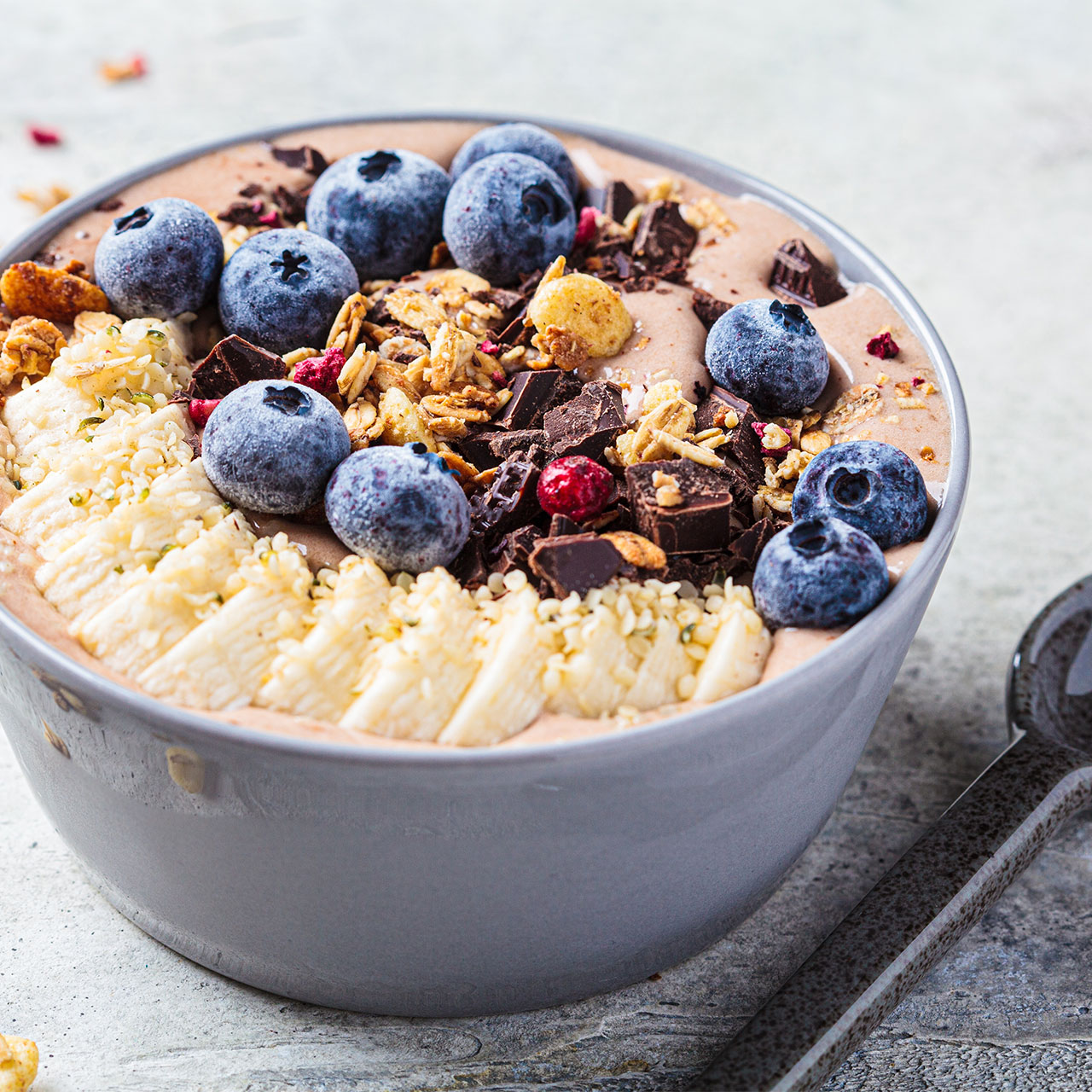When it comes to creating a diet that can promote healthy weight loss, the health of your gut and digestion is crucial. With that said, we reached out to dietitians, nutritionists and other health experts who unanimously pointed to one type of tea that can help soothe a bloated stomach, speed up your digestive system, promote a healthy metabolism and more.
Read on for insight and tips regarding including kombucha in your healthy diet from Dana Ellis Hunnes, PhD, MPH, RD, senior dietitian at UCLA Medical Center, Trista Best, MPH, RD, LD, registered dietitian at Balance One Supplements and Lisa Richards, registered nutritionist and creator of The Candida Diet.


How Kombucha Aids Your Gut Health
To instantly de-bloat your stomach, soothe your digestion and really promote a healthy gut overall, Hunnes recommends trying kombucha as the tea comes in many flavors and can likely be found at your local grocery store. "Kombucha is a fermented tea beverage that is high in beneficial probiotics that is also high in antioxidants (from the tea)," Hunnes explains. "The probiotics and the antioxidants are anti-inflammatory and can aid in promoting GI health by helping to colonize the GI tract with healthy bacteria (known as probiotics)," she continues.

The antioxidants, she notes, also help keep the inflammation away, promoting the health of the probiotics as well. "It is also thought that kombucha can slow down the digestion of carbohydrates by, likely in-part, because of the healthy anti-inflammation effects it has on the GI tract," she points out. Richards agrees, and adds that the drink is "intended to restore gut health and aid in digestion" while also improving energy. "It is best enjoyed around midday when there is food in the gut to digest while you also may be needing the extra energy boost," Richards advises.

She also recommends sipping on a "low-sugar" kombucha tea, as added sugar can "be damaging to the gut, especially if consumed in large amounts." With a kombucha product that doesn't contain much sugar, she notes that you can avoid this. After all, kombucha is a "much healthier" alternative to soda.

Best also says that this tea is important because our gut bacteria "play many roles in weight regulation in both weight loss and weight gain." One primary reason is the bacteria's effect on appetite regulation. "When gut bacteria is off the short-chain, fatty acid production in the gut is amped up which triggers appetite hormone production," she says.

These hormones are typically those involved in increasing appetite and leading to weight gain. Best concludes that because kombucha is intended to help replenish the gut's good bacteria it "may be best to drink it after you have eaten at least one meal," and that this would mean "between 10 a.m. and 2 p.m. for most people following a typical eating schedule."


























